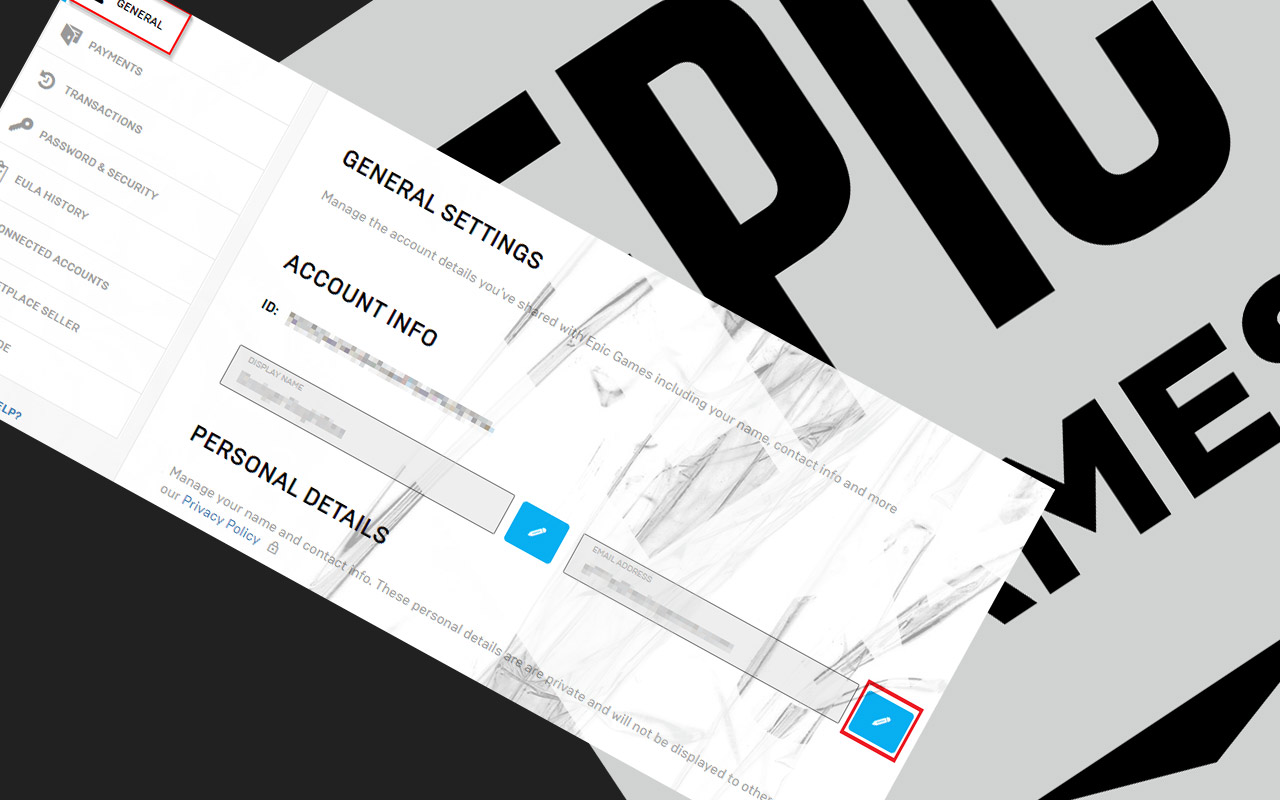

The trial took place in Oakland, California, in May, and included both company CEOs testifying in open court. "Given the trial record, the Court cannot ultimately conclude that Apple is a monopolist under either federal or state antitrust laws," Rogers wrote. However, Rogers said Apple was not a monopolist and "success is not illegal." "When coupled with Apple's incipient antitrust violations, these anti-steering provisions are anticompetitive and a nationwide remedy to eliminate those provisions is warranted." "The Court concludes that Apple's anti-steering provisions hide critical information from consumers and illegally stifle consumer choice," Rogers wrote. The injunction will come into effect in December. Apple won on nine of 10 counts but was found to engage in anticompetitive conduct under California law, and will be forced to change its App Store policies and loosen its grip over in-app purchases. The decision concludes the first part of the battle between the two companies over Apple's App Store policies and whether they stifle competition. The injunction addresses a longstanding developer complaint and raises the possibility that developers could direct their users to their website to subscribe to or purchase digital content, hurting Apple's App Store sales, which grossed an estimated $64 billion in 2020.Īpple stock dropped more than 3% in trading Friday.

Personal Loans for 670 Credit Score or Lower Personal Loans for 580 Credit Score or Lower That change would make it easier for app developers to avoid paying Apple’s commissions, potentially affecting billions of dollars in revenue annually.Īpple did its best to frame the decision as a complete victory, even as it acknowledged it may appeal the portion of the ruling that will make it easier for app developers sidestep Apple’s commissions.Best Debt Consolidation Loans for Bad Credit to insert links to other payment options besides its own within iPhone apps. She sided with Apple on every other key point of the case.īut the judge did conclude Apple has been engaging in unfair competition under California law, prompting her to order the company to allow developers throughout the U.S. While parts of her decision raised questions about whether Apple’s fees were driving up prices for consumers, Gonzalez Rogers left the fee structure intact and upheld the company’s right to block other stores from offering apps for its iPhone. Epic cast that highly lucrative fee as a price-gouging tactic that wouldn’t be possible if competing stores were allowed to offer iPhone apps. Such transactions can include everything from Netflix or Spotify subscriptions to the sale of digital item such as songs, movies or virtual tchotchkes for video games. Those were two of the biggest objectives sought by Epic, which filed what it would hoped would be a landmark antitrust case last year after brazenly defying an exclusive payment system that funnels 15% to 30% of all in-app digital transactions on iPhones to Apple. The judge didn’t brand Apple as a monopolist or require it to allow competing stores to offer apps for iPhones, iPads and iPods. The decision also provided Apple with some vindication. The ruling continues to chip away at the so-called “walled garden” that Apple has built around its crown jewel, the iPhone, and its app store, without toppling it completely.


IOS 15 is arriving soon: Here's what we know about the iPhone's upcoming updateīuying an iPhone 13?: Here are 8 ways to repurpose your old one if you're not trading it in


 0 kommentar(er)
0 kommentar(er)
